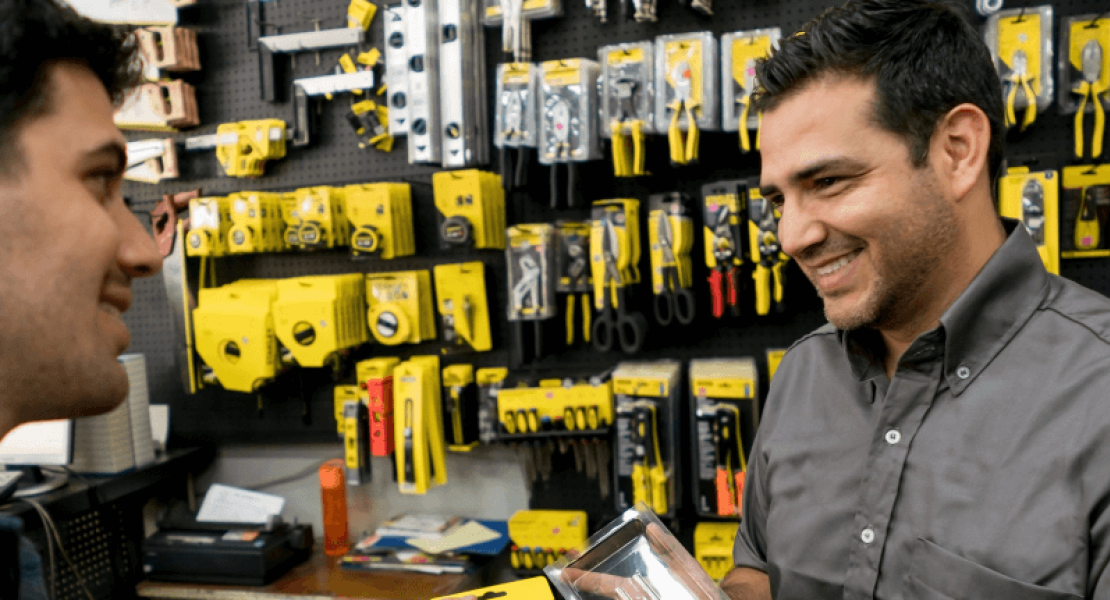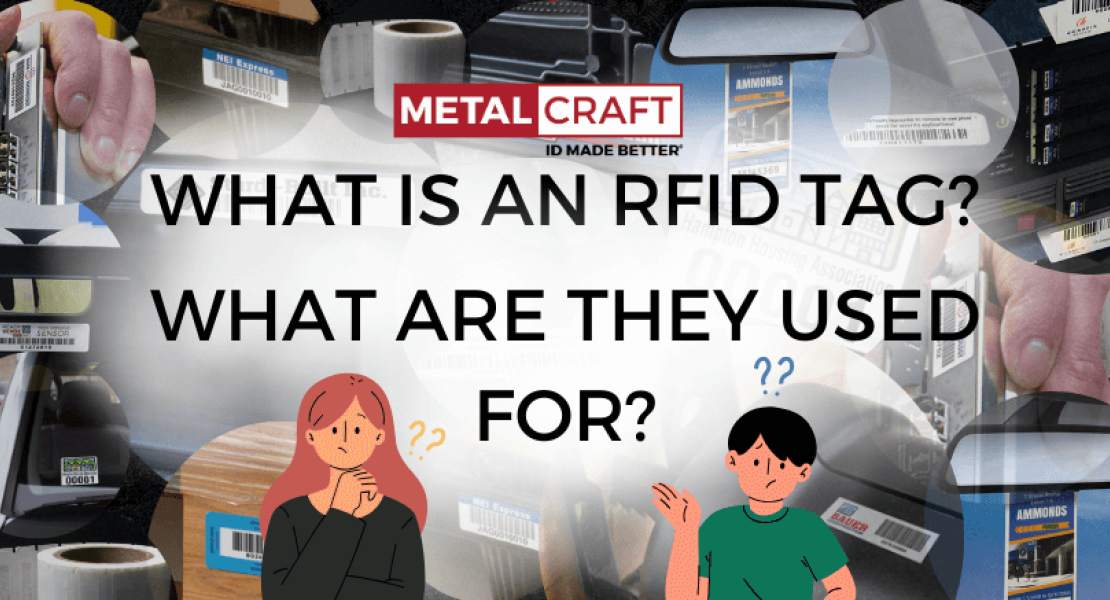Radio Frequency Identification (RFID) technology has transformed the retail industry and retail inventory management by providing a more efficient and accurate way to track and manage inventory. It involves attaching RFID tags to products, which can be read remotely using RFID readers.
How Has RFID Technology Changed Retail Inventory Management?
Radio Frequency Identification (RFID) technology has had a significant impact on retail inventory management including:
- Real-Time Visibility: RFID provides real-time visibility into inventory levels. Traditional barcodes require line-of-sight scanning, which can be time-consuming and labor intensive. RFID, on the other hand, allows for bulk-scanning and tracking of multiple items simultaneously, increasing both the speed and accuracy of inventory management.
- Automation: RFID enables automation in various aspects of inventory management. For example, when items are tagged with RFID, they can be automatically scanned as they pass through RFID readers at various points in the supply chain, from the manufacturers to the retailer. This reduces the need for manual intervention and decreases the likelihood of human error.
- Faster Replenishment: RFID allows retailers to quickly identify when stock levels are low and reduces the risk of lost sales due to out-of-stock situations.
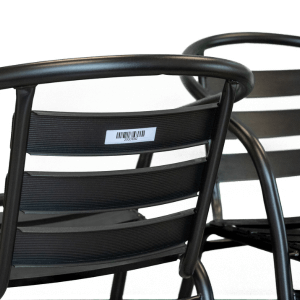
- Streamlined Audits and Stock Takes: Traditional inventory audits can be time-consuming and disruptive. With RFID, the process can be streamlined, as large quantities of items can be quickly scanned and reconciled with the digital inventory records.
- Data Analytics and Insights: RFID technology generates a wealth of data about item movement and consumer behavior. Retailers can use this data to gain insights into customer preferences, optimize store layouts and make more informed decisions about inventory management and restocking.
- Reduced Costs in the Long Run: While implementing RFID technology initially requires an investment in infrastructure and tags, the benefits gained in terms of improved efficiency, reduced labor costs and decreased inventory holding costs can lead to significant savings over time.

What Challenges Do Retailers Face with RFID Technology?
While RFID technology offers numerous benefits for retailers, it also comes with its own sets of challenges.
- Initial Investment: Implementing RFID technology requires a significant upfront investment in infrastructure, including RFID readers, RFID software and RFID tags. Some smaller retailers may find barcode to be a more suitable solution.
- Integration with Existing Systems: Integrating RFID technology with existing inventory management, point-of-sale (POS) and other systems can be complex. Systems integrators are a great resource if this is an issue with an RFID installation.
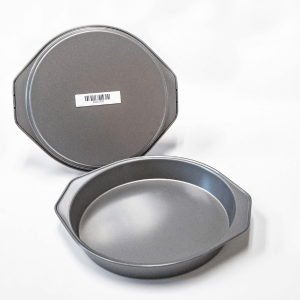
- Tagging Complexity: Applying RFID tags can be labor intensive and time-consuming. It is important to choose the right tag for the application to ensure items will not have to be retagged.
- Environmental Factors: Certain environmental conditions, such as metals or liquids can interfere with RFID signals. For these circumstances, there are specialized RFID tags like the Universal Eco-Mini RFID Tag.
- Reader Collision: In environments where multiple RFID readers are present, there can be interference or "collision between signals," leading to inaccurate readings. This may be another instance when it is good to bring in a systems integrator.
Overall, while RFID technology offers significant benefits, retailers need to carefully consider and address these challenges during the planning and implementation stages to maximize its effectiveness.
How Do Retailers Use RFID with Hard-to-Tag Products?
Retailers may face challenges when trying to apply RFID tags to certain products that are considered "hard-to-tag" due to their materials, size or other characteristics. However, there are several strategies and techniques that can be employed to overcome these challenges.
- Specialized Tags: Retailers can use specialized RFID tags designed for specific materials or environments. For example, there are RFID tags such as the Universal Eco Mini RFID Tags designed for use on metal surfaces.
- Encapsulation or Packaging: For items that are difficult to tag directly, retailers can encapsulate the RFID tag in a protective material or packaging. This can help to shield the tag from environmental factors or provide a suitable surface for attachment.
- Adhesive Labels: Retailers can use RFID tags embedded with adhesive labels that can be applied directly to the product or incorporated into the product's label or hang tag.
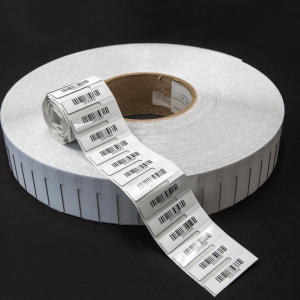
- Embedding Tags in Packaging: For products in boxes, cartons or packaging, retailers can embed RFID tags within the packaging material. This ensures that the tag remains protected and readable without interfering with the product itself.
- Hang Tags or Labels With Reinforcements: Hang tags or labels with reinforced holes or attachment points can be used for items that may be too delicate or small for direct tagging.
- Use of On-Metal RFID Tags: On-Metal RFID Tags such as the Universal Eco Mini RFID Tag are designed specifically for application to metal surfaces. They have a special inlay design that allows them to work effectively, even when placed on metal objects.
By utilizing these strategies and working with experienced RFID vendors, retailers can effectively implement RFID technology for a wide range of products, including hard-to-tag items. The new Universal Eco Mini RFID Tag and Universal Eco-Mini Plus have revolutionized the RFID industry, providing a read range of up to 25 feet regardless of surface. They're the first products designed for item-level retail tracking on metal surfaces.
Overall, RFID technology has revolutionized the way retailers manager their inventory, making the process more efficient, accurate and responsive to customer demands. For more information on RFID for retailers and why it's important, please contact us at 800-437-5283 or [email protected].
 | About the Author: Aaron HobertAaron Hobert is our RFID Technical Specialist. Hobert joined Metalcraft in September of 1994 as a Litho Press Operator, became the Autograph Team Lead in 1998 and in April 2005 he became the RFID Sales Support Rep. He was named our RFID Technical Specialist in 2008. Aaron lives outside Charles City with his wife Diane. Mobile Phone: 641-330-2660 Email: [email protected] Office: 3360 9th St. SW, Mason City, IA 50401 Office Phone: 641-423-9460 |

